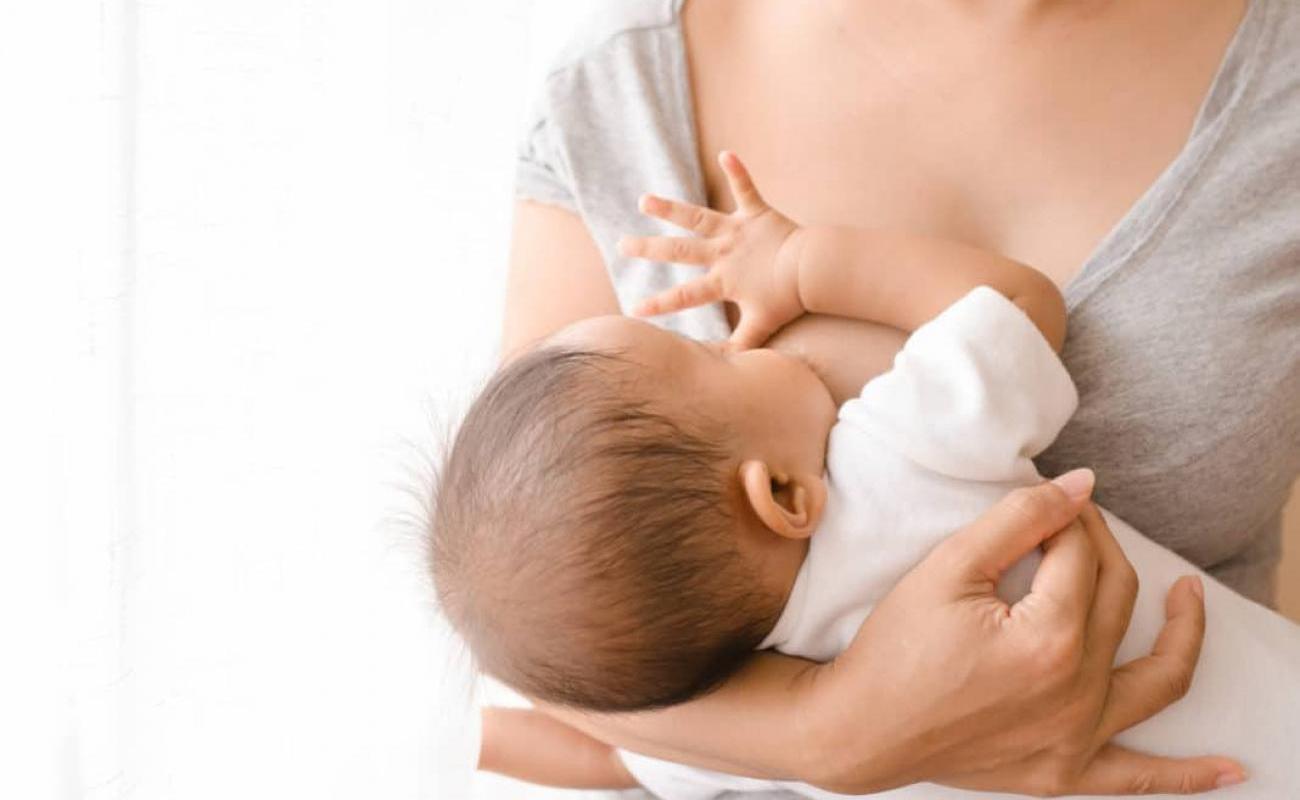University Clinical Center Niš receives reanimation table and chair to support “skin-to-skin” contact between mother and newborn

To mark World Breastfeeding Week, UNICEF today donated essential medical equipment to the University Clinical Center (UCC) Niš, aimed at improving care and treatment for premature babies. The Neonatology Department of the Pediatric Clinic at UCC Niš received a reanimation table and a chair to support “skin-to-skin” contact between mother and newborn. In May, the Center also received an incubator. This equipment was provided through the campaign "So Small They Fit Inside a Heart", launched to modernize and equip neonatal intensive care and treatment units across Serbia.
“We are immensely grateful for the years of support and collaboration with UNICEF. Together, we are improving professional capacities and implementing the highest European standards in the treatment and care of premature babies, and UNICEF has always stood by our side. This significant donation will be of great importance for treatment, and in many cases, for saving the lives of premature babies. UCC Niš is a regional center serving a population of around 2.5 million people. Children from other medical institutions in southern and eastern Serbia also receive care here,” said Prof. Dr. Zoran Perišić, Director of UCC Niš.
Eleven babies are born prematurely every day in Serbia. Premature birth accounts for 60% of all newborn deaths and nearly half (42%) of deaths in children under five.
While progress has been made in recent years in reducing newborn mortality, significant regional disparities remain. UNICEF has worked for many years with the Ministry of Health and leading national neonatology experts to address this.
“UNICEF has invested nearly one million dollars in recent years to improve neonatal care in Serbia. In cooperation with the Ministry of Health and with the support of many partners, we have provided modern medical equipment, trained numerous professionals, and contributed to the development of national clinical guidelines in line with the latest global practices, to improve survival and recovery rates for premature babies,” said Jelena Zajeganović-Jakovljević, Health and Early Childhood Development Specialist at UNICEF in Serbia.
She added that today’s donation was made to mark World Breastfeeding Week. “Enabling direct contact between mother and baby, the donation of a chair, breastfeeding and feeding with breast milk are especially important for premature babies, as it is scientifically proven that these are directly linked to better health, recovery and development of a child,” Zajeganović-Jakovljević emphasized.
Breastfeeding not only provides optimal nutrition, but also strengthens immunity, protects both baby and mother from various diseases, and reduces the risk of obesity, diabetes, and cancer. Breastfeeding supports children’s neurocognitive development and fosters the emotional bond between mother and baby - key to the baby’s progress and development.
“The birth of a premature baby and a stay in the neonatal unit are always stressful, but it becomes easier when healthcare staff help you understand what’s happening and involve you in your child’s care. The moments when I first touched them, when they lay on my chest, when I started breastfeeding are irreplaceable. That is why I’m especially glad that my children and I are here in Niš, where we have been able to stay close to our babies during the most vulnerable time of our lives,” said Anica Petković, the mother of prematurely born twins.
This year’s World Breastfeeding Week carries the slogan “Prioritise Breastfeeding -Create Sustainable Support Systems,” emphasizing the importance of breastfeeding - from the first hour after birth, throughout the first one or two years of life, and beyond. Serbia has made progress in breastfeeding rates, but key indicators remain low - only 8% of mothers breastfeed in the first hour after birth, and just 24% of babies are exclusively breastfed for the first six months of life.
UNICEF will continue to support the equipping of neonatal intensive care units and the enhancement of professional knowledge and skills to modernize the system and ensure the best possible care and treatment for prematurely born babies.
